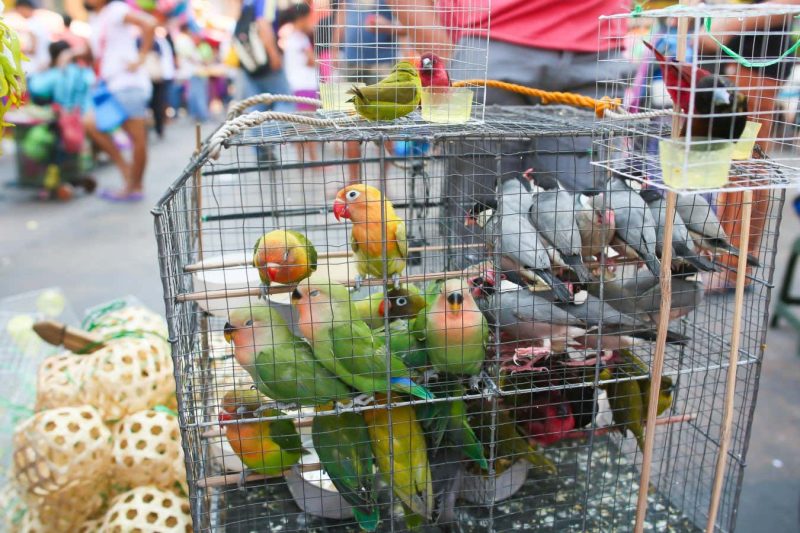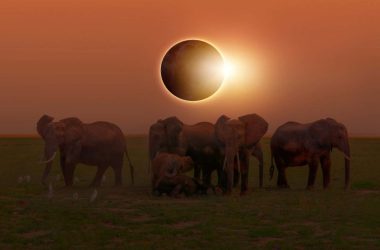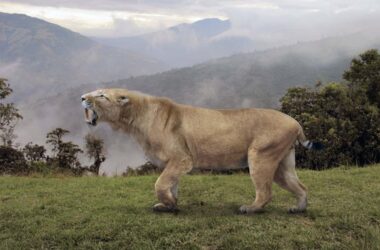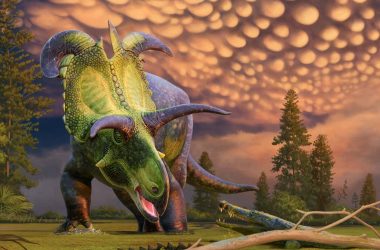Introduction
A recent study conducted by researchers at the UK Centre for Ecology & Hydrology has found that nearly one third of all known vertebrate species are used or traded by humans around the world. This extensive exploitation of animals has raised concerns about the impact on biodiversity and the need for immediate action.
The Super-Predator Effect
The lead researcher, Rob Cooke, describes this phenomenon as humans becoming a “super-predator.” Humans have become the dominant force in exploiting vertebrate species for various purposes.
Data Analysis
The study analyzed data from the International Union for Conservation of Nature on 46,755 known species of vertebrates, including mammals, birds, amphibians, reptiles, and fish. The data recorded how humans used and traded each species, including hunting, collecting specimens, keeping as pets, or displaying in zoos and aquariums.
Extent of Exploitation
Out of the analyzed species, 14,663, or approximately one third, were found to be used or traded by humans. The study revealed that 55% of these species are killed for food, while 40% are kept as pets. Notably, the bird species accounted for 4489 species that are kept as pets.
Ray-finned fish and bird species were found to be the most exploited groups, with nearly half of their species being used or traded. On the other hand, reptiles and amphibians were the least exploited. Alarmingly, 39% of the exploited species are currently threatened due to human use or trade.
Cultural Factors
The researchers also recognized that culture plays a significant role in determining which species are exploited. For example, certain rodent and bat species are not used due to cultural beliefs associating them with being unclean, despite their abundance and accessibility.
Urgency for Action
The researchers hope that their findings will raise awareness about the various ways in which humans exploit animals. It is crucial to understand that once an animal is taken from the wild, its ability to reproduce and sustain its population is severely impacted. Immediate action is necessary to address this global biodiversity crisis at all levels of government and among the general public.
Conclusion
As humans continue to exploit vertebrate species, it is clear that the impact on biodiversity is significant and calls for urgent action. The recognition of humans as a super-predator highlights the need for a more sustainable and responsible approach towards coexisting with other species on our planet.








